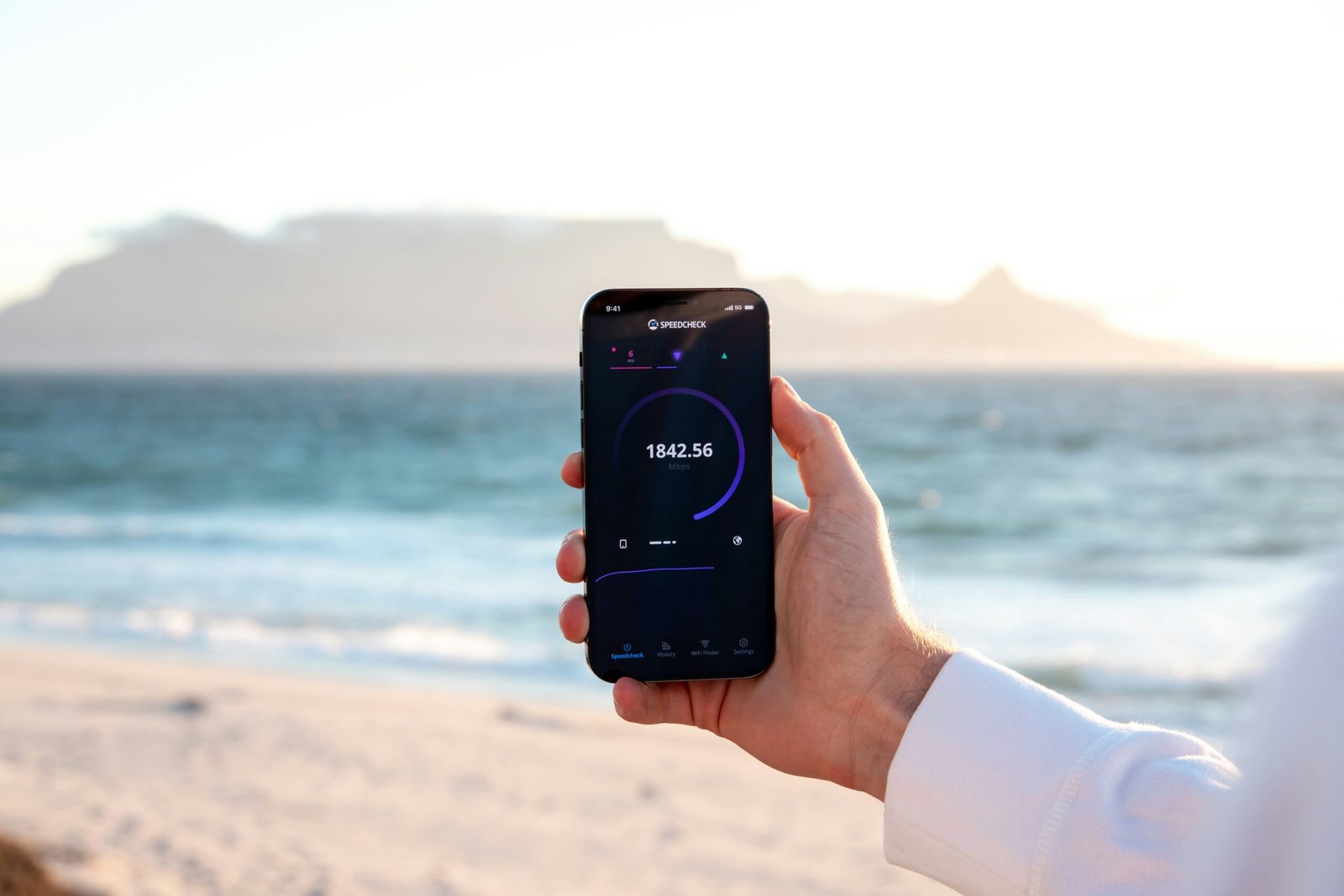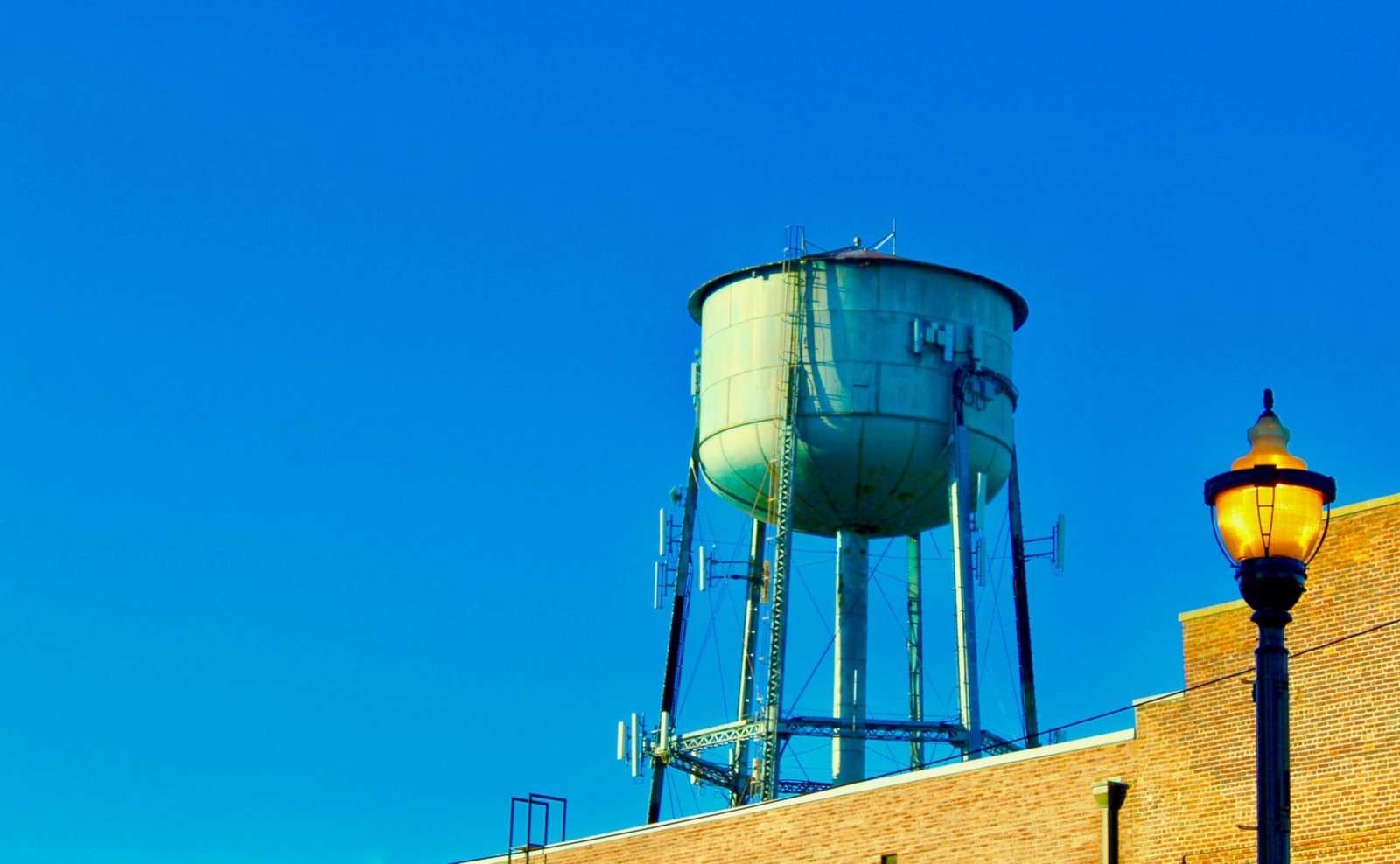
Is Your iPhone Compatible with 5G Technology?
If you’re wondering why 5G is slow on your iPhone, the first thing to check is whether your device is compatible with 5G technology. Not all iPhone models support 5G connectivity. The iPhone 12, iPhone 12 mini, iPhone 12 Pro, and iPhone 12 Pro Max are the first models from Apple that are 5G compatible. If you own any other iPhone model, you may not be able to access 5G speeds.
Check Your Network Provider’s 5G Coverage
Another factor that could be affecting the speed of 5G on your iPhone is the coverage provided by your network carrier. Even if you have a 5G-compatible iPhone, if your network provider does not offer comprehensive 5G coverage in your area, you may experience slower speeds or connectivity issues. It’s essential to check with your network carrier to confirm the availability of 5G coverage in your location.

Understanding Different Types of 5G
5G technology comes in different variations, each offering varying speeds and performance. The two main types of 5G are low-band and high-band (also known as mmWave). Low-band 5G offers broader coverage but relatively slower speeds compared to high-band 5G, which provides faster speeds but has limited coverage. Depending on the type of 5G available in your area, the speed on your iPhone may differ.
Factors That Affect 5G Speed on Your iPhone
Several factors can impact the speed of 5G on your iPhone:
- Network Congestion: When there are too many devices connected to the same 5G network, it can lead to network congestion, causing slower speeds for individual users.
- Proximity to 5G Towers: The closer you are to a 5G tower, the better your connectivity and speed are likely to be. If you are far away from the nearest 5G tower, you may experience slower speeds.
- Building Materials: The materials used in the construction of buildings can affect the penetration of 5G signals. Certain materials, like metal and concrete, can block or weaken 5G signals, resulting in slower speeds indoors.
- Weather Conditions: Extreme weather conditions, such as heavy rain or snow, can interfere with 5G signals, leading to reduced speeds or intermittent connectivity.

Steps to Improve 5G Speed on Your iPhone
If you are experiencing slow 5G speeds on your iPhone, there are several steps you can take to try and improve your connectivity:
- Restart Your iPhone: Sometimes, a simple restart can help refresh your device’s connection to the network and improve speeds.
- Update Your iPhone: Make sure your iPhone is running the latest software version, as updates often include bug fixes and improvements to network connectivity.
- Reset Network Settings: Resetting the network settings on your iPhone can help resolve any connectivity issues that may be affecting your 5G speed.
- Switch Between 5G Bands: If your iPhone supports both low-band and high-band 5G, try switching between the bands to see if one offers better speeds in your area.
- Use Wi-Fi When Possible: If 5G speeds are slow or unreliable, consider switching to a Wi-Fi connection when available for faster and more stable internet access.
Comparison Between 5G and Wi-Fi Speeds on Your iPhone
While 5G technology is designed to offer faster speeds and lower latency than 4G LTE, it may not always outperform a reliable Wi-Fi connection in terms of speed. It’s essential to compare the speeds of 5G and Wi-Fi on your iPhone in different scenarios to determine which connection offers better performance for your needs.
Testing Your iPhone’s 5G Speed
To accurately assess the speed of 5G on your iPhone, you can use various speed test applications available for download on the App Store. These apps measure your device’s download and upload speeds, as well as latency, giving you a clear picture of your 5G connection’s performance. Running speed tests in different locations and at different times can help you identify patterns and determine the factors affecting your 5G speed.
Enhancing 5G Speed with Signal Boosters
If you frequently experience slow 5G speeds on your iPhone due to poor signal strength, consider investing in a signal booster. Signal boosters amplify the 5G signals in your area, improving connectivity and speed on your device. Before purchasing a signal booster, ensure compatibility with 5G technology and check with your network carrier for any restrictions or guidelines on signal booster usage.
Conclusion
In conclusion, several factors can influence the speed of 5G on your iPhone, ranging from device compatibility and network coverage to network congestion and environmental conditions. By understanding these factors and taking proactive steps to improve your 5G connectivity, you can enhance your iPhone’s performance and enjoy faster speeds on the latest generation of mobile technology. Remember to consult with your network carrier and explore different solutions to optimize your 5G experience on your iPhone.







